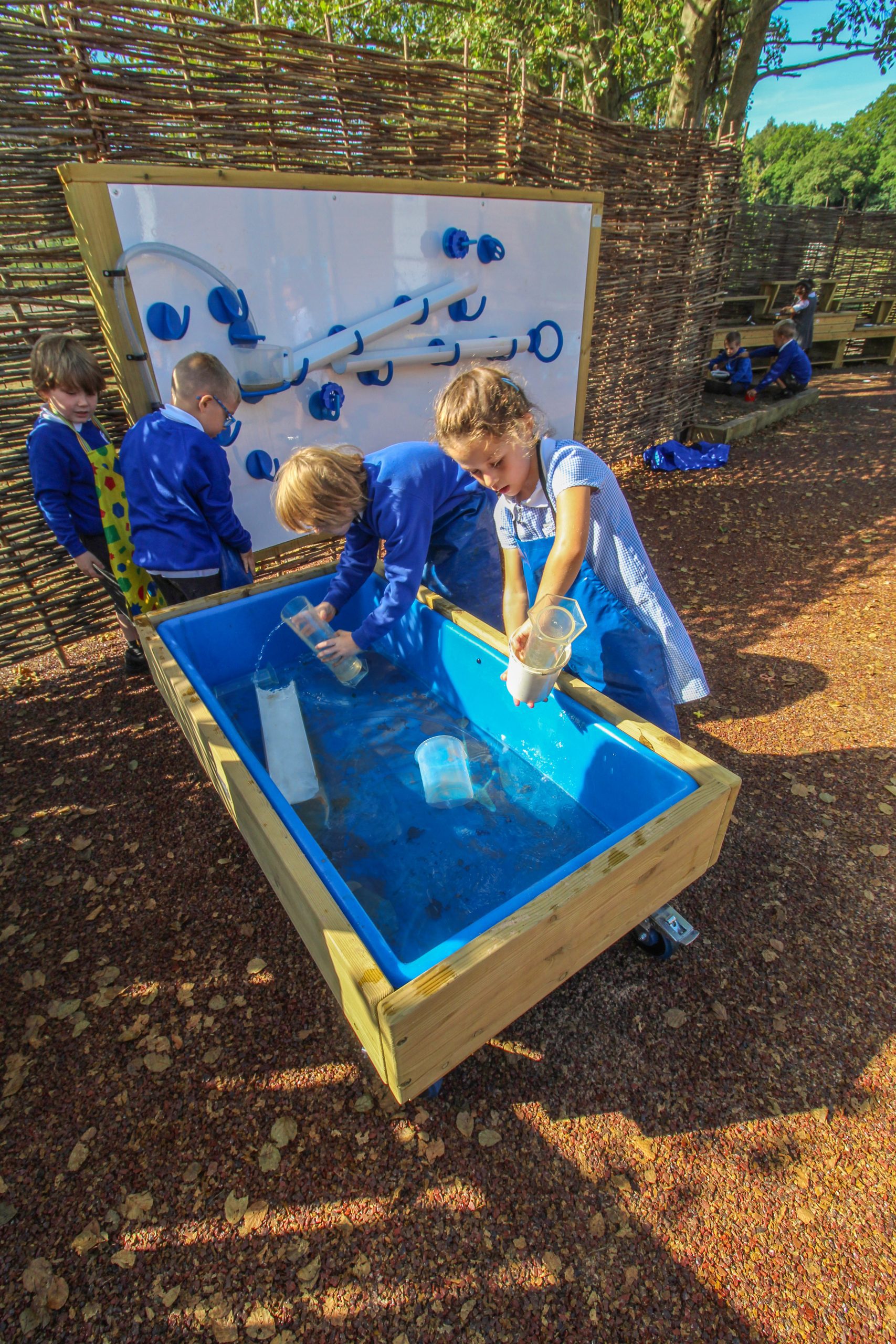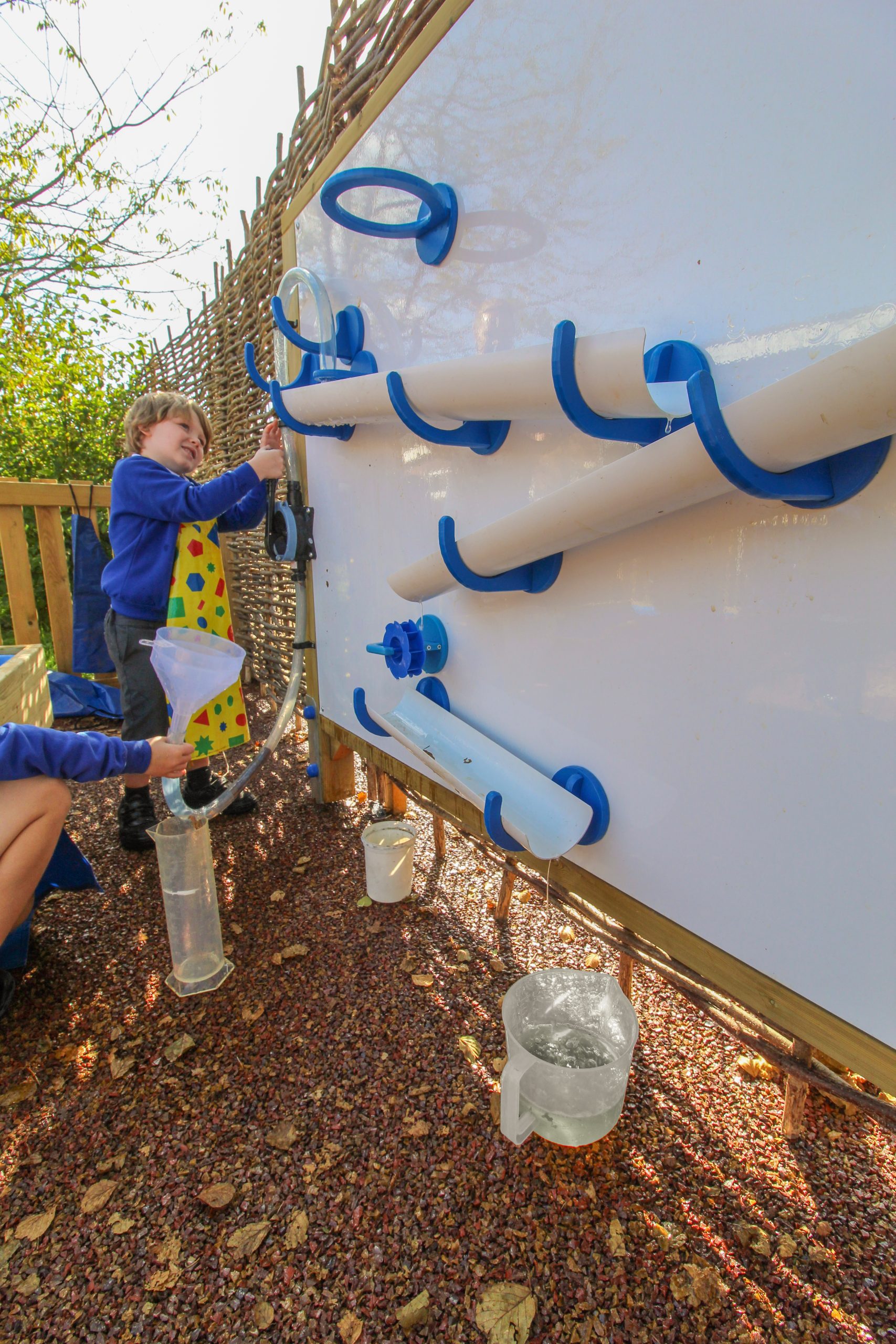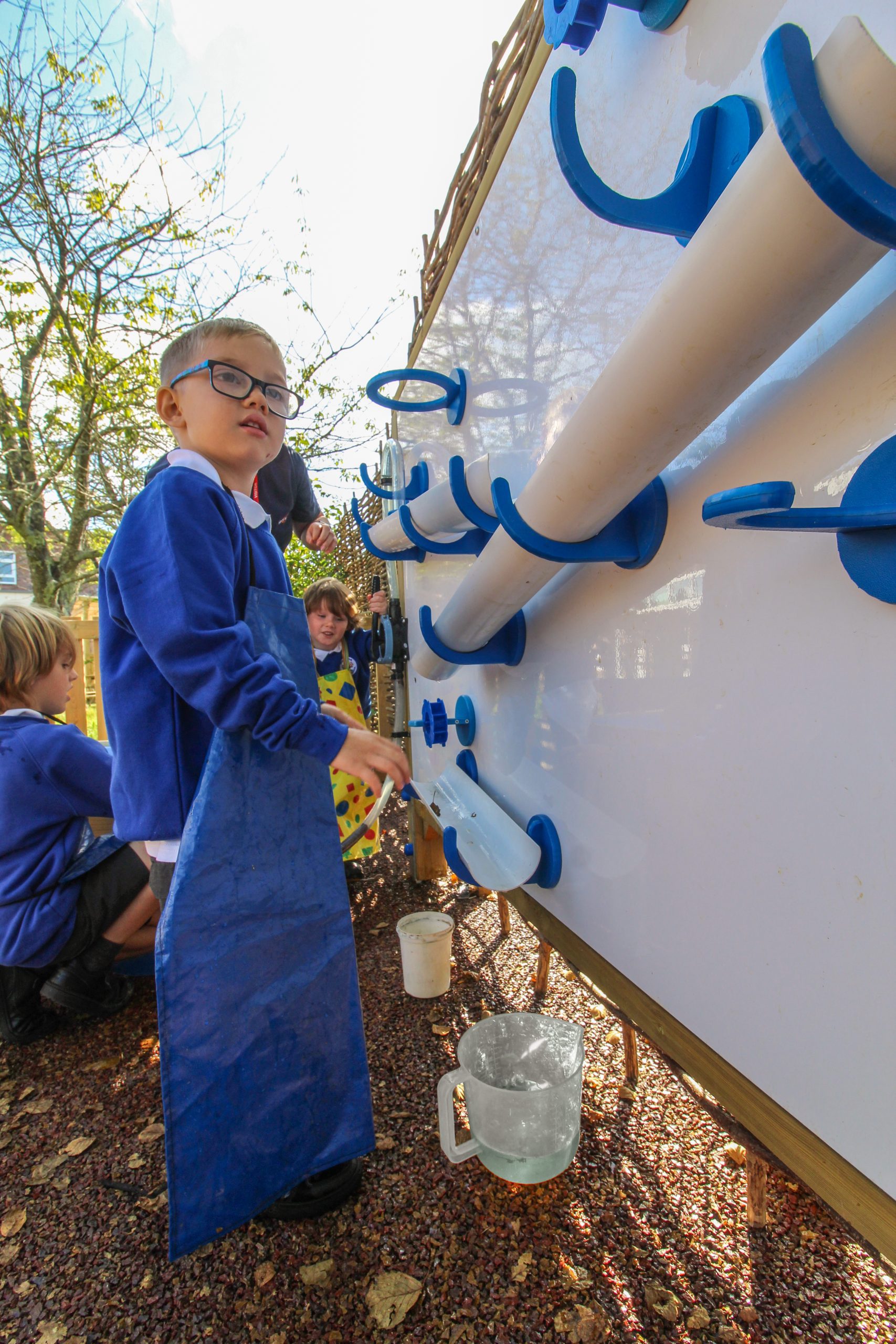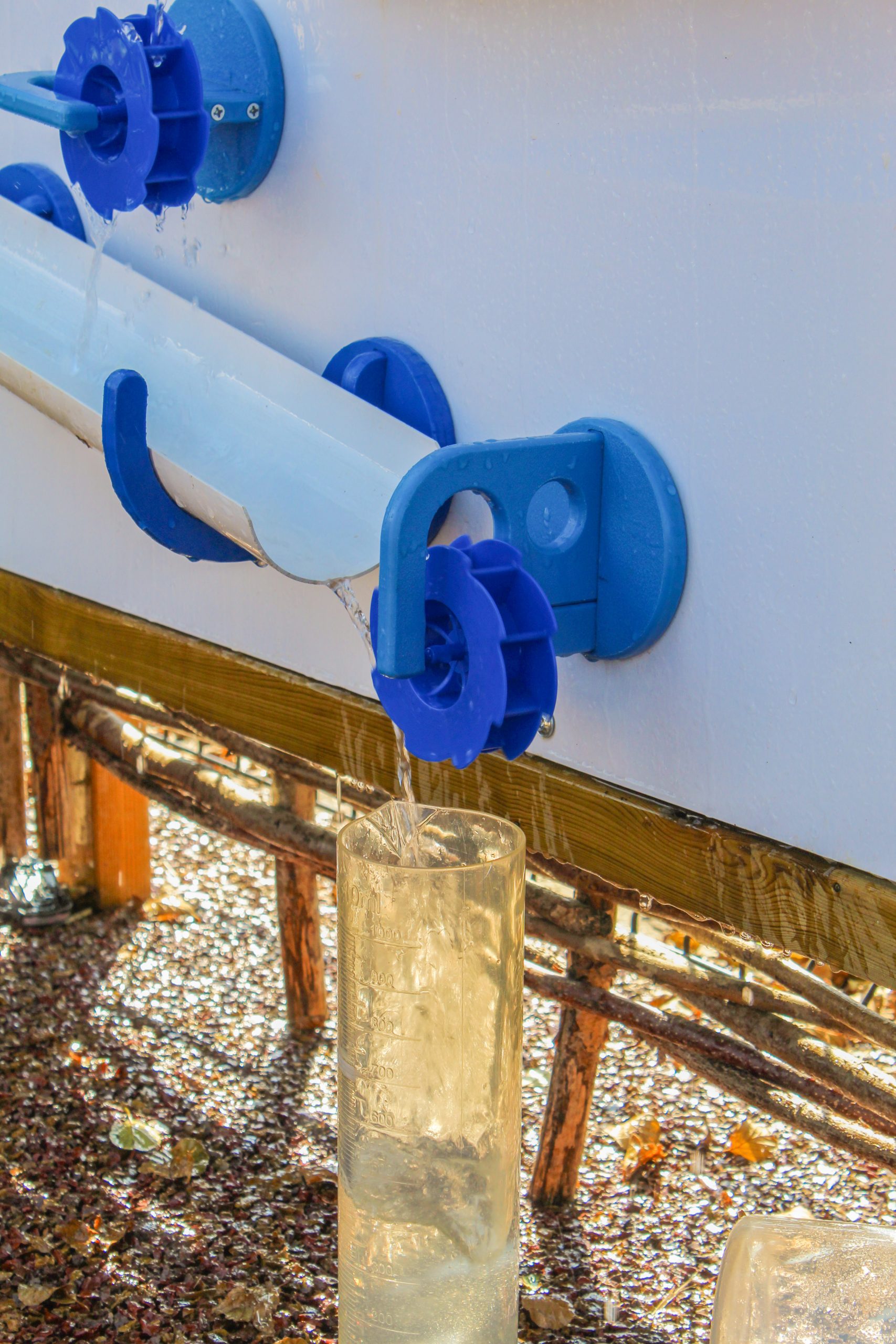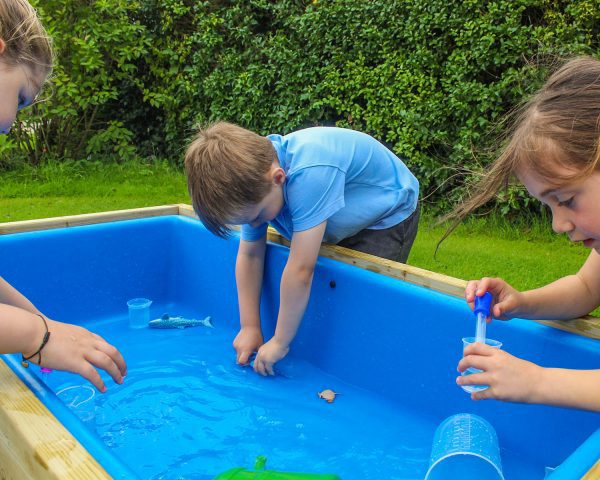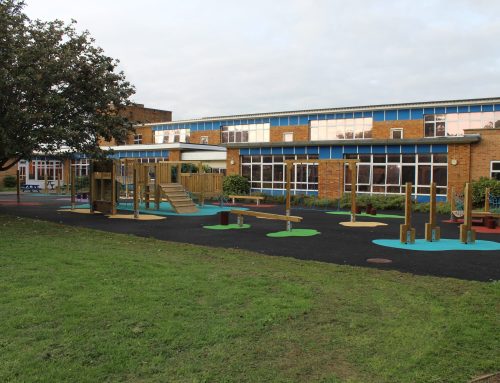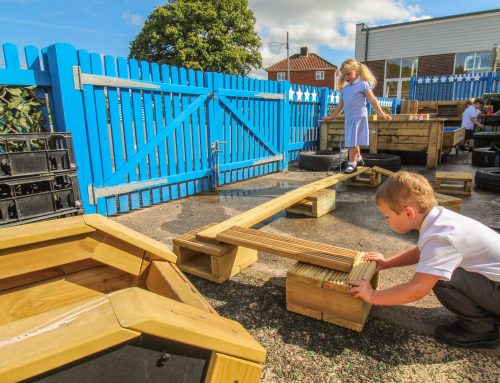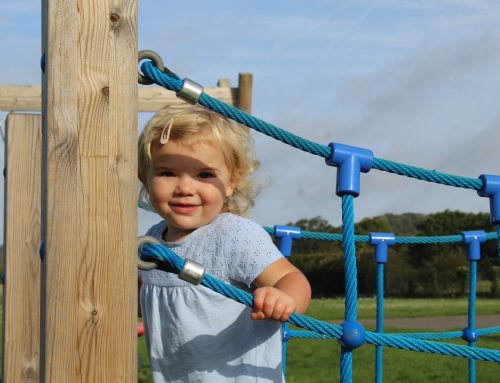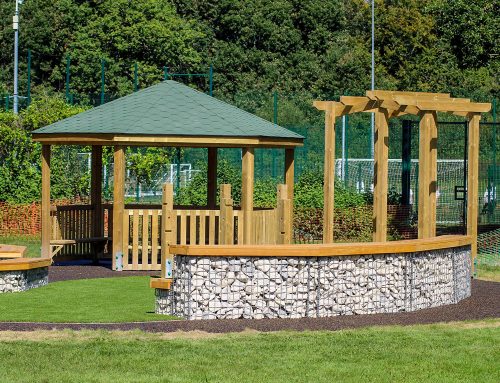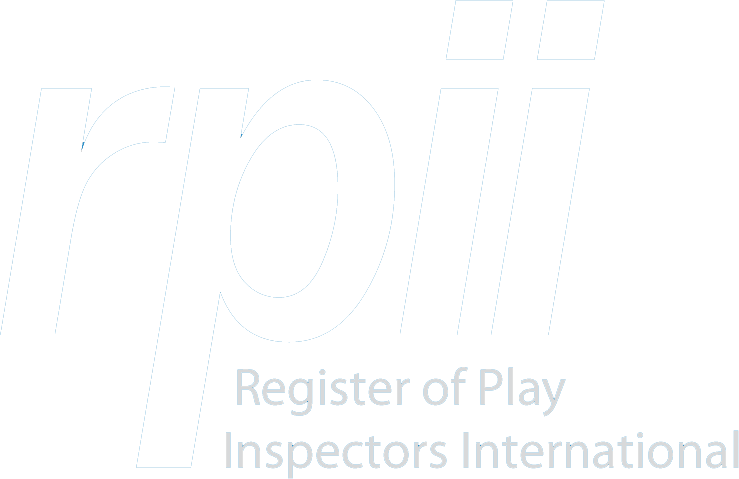Engaging in water play isn’t just a fun break from the classroom—it’s an immersive, educational experience that brings excitement to learning. Schools worldwide are recognizing the benefits of incorporating water activities into their curriculum, supporting students’ growth both mentally and physically. In this blog, we’ll explore how water-based learning enhances education.
The Educational Benefits of Water-Based Learning
- Sensory Development
Water stimulates the senses, engaging touch, sound, and temperature awareness. The feel of water, the sound of splashing, and its various temperatures provide a rich sensory experience, aiding cognitive development. - Scientific Exploration
Water activities naturally introduce scientific concepts. Students can experiment with flow, buoyancy, and density, offering a hands-on understanding of basic science principles, sparking curiosity and a love for learning. - Mathematics Skills
Incorporating water into math activities makes learning fun! Measuring volumes, comparing capacities, and observing how liquids behave in different containers all teach valuable math skills in a practical, engaging way. - Language Development
As children collaborate in water-based activities, they communicate, follow instructions, and engage with their peers, improving language skills through play and teamwork. - Fine and Gross Motor Skills
Pouring, squeezing, and stirring help develop fine motor skills and hand-eye coordination. Activities like swimming or navigating obstacles enhance gross motor skills and overall physical fitness.
Practical Ideas for Schools
- Water Tables
Set up water tables with containers, measuring tools, and floating objects to explore water dynamics, practice pouring, and learn concepts like full and empty. - Water Art
Combine art with water by using watercolors or chalk on wet surfaces, merging creativity with sensory exploration. - Science Experiments
Conduct simple water-based experiments, such as testing the effects of soap on water tension, observing ice melt, or creating a mini water cycle. - Play Days
Plan special days where students can enjoy water balloon tosses, sponge relays, or basic swimming lessons in a playful, educational environment. - Outdoor Water Features
Design outdoor spaces with fountains, waterfalls, or shallow pools, providing dynamic learning environments beyond the classroom.
Incorporating water activities in schools is more than just a way to stay cool—it’s a powerful educational tool that fosters holistic child development. By embracing this, schools create an environment where learning extends beyond textbooks, sparking creativity, exploration, and discovery. Dive into the wonders of water-based learning and let the waves of knowledge flow!
